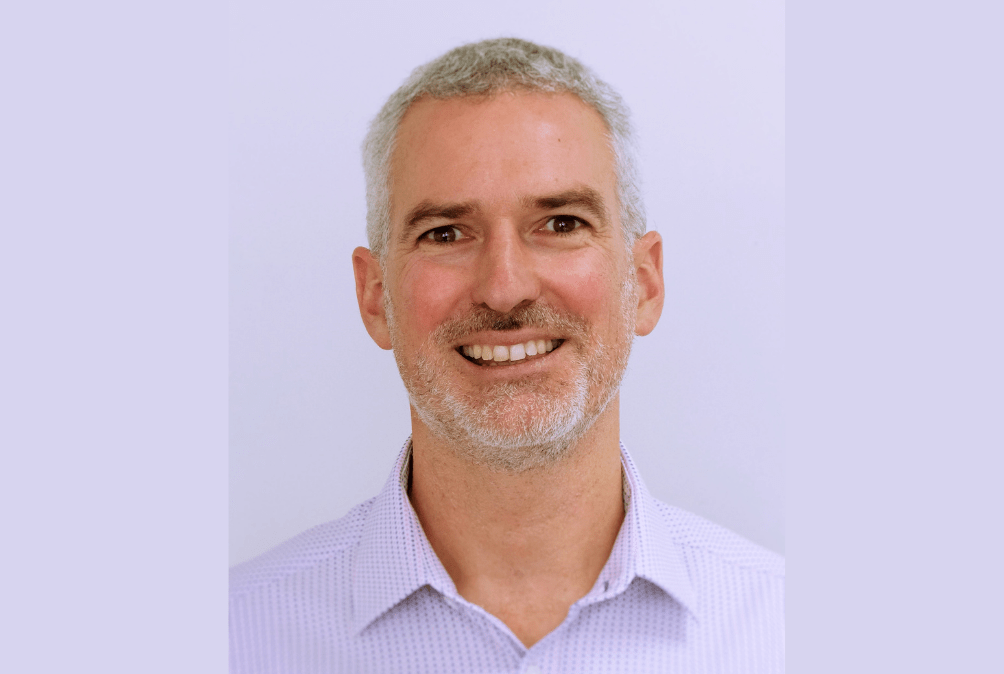What was your first job?
My first part-time gig while a student was working in the cash office of a department store. I then worked a range of jobs while travelling the world, including cooking pizzas in Ireland, driving a bus in Namibia, teaching English in Japan, and working as an editor and freelance writer in China.
When did you know you wanted to work in finance/business?
While on a motorcycle odyssey across Western China in the late 90s a sequence of events sparked my interest in microfinance. The first was being the recipient of a random act of kindness from a family living in extreme poverty; the second a couple of weeks later was coming across a microfinance organisation that was doing amazing things with the types of families I had earlier come across. I planned to write a story, but became so fascinated by their work that I ended up studing a masters and working in the sector, initially for DFAT and later through Good Return.
When did you first discover the concept of Impact Investing?
Through my work in microfinance in the early 2000s I discovered a range of European and US investment vehicles that were set up to invest in social impact. I was interested in exploring ways that everyday people could get involved. The emergence of online crowdfunding around that time led us to launch Australia’s first crowd-funded microfinance platform in 2009. We’ve since funded more than 12,000 women entrepreneurs and helped develop the capacity of over 50 Asia-Pacific based financial service providers.
What’s one exciting development you and your team have in the pipeline?
Our Impact Investment Fund reduces the risk for local financial service providers in Indonesia and Cambodia to lend to SMEs in agricultural value chains, with a focus on women. Over the year ahead we are exploring expansion to several new countries in the region, including Fiji, Samoa, Nepal and PNG.
What was the most interesting impact deal (from any team across Asia/Pacific) in the past 12 months?
In late 2020 we negotiated a portfolio guarantee for an agri fintech in Indonesia, called CROWDE. They have an innovative model that finances SMEs in agri value chains, providing not only finance but also support in accessing inputs, training and markets for their products. 50 businesses have been funded in the first six months of the partnership. And as a result of our gender lens investing support their management has agreed to double their target reach to women clients with this innovative model.
Name one high impact company (globally) that investors should keep their eye on?
CROWDE, and agri fintechs like them, are revolutionising supply chain finance in the agriculture sector in developing countries. This is an exciting space, and definitely one to watch.
What’s your vision for impact investing in 5 years time?
I expect to see impact investing becoming much more accessible to everyday investors via a range of investment vehicles with easily accessible entry points. And like others, I look forward to seeing Impact standing alongside Risk and Return as standard considerations in mainstream investment decisions.

